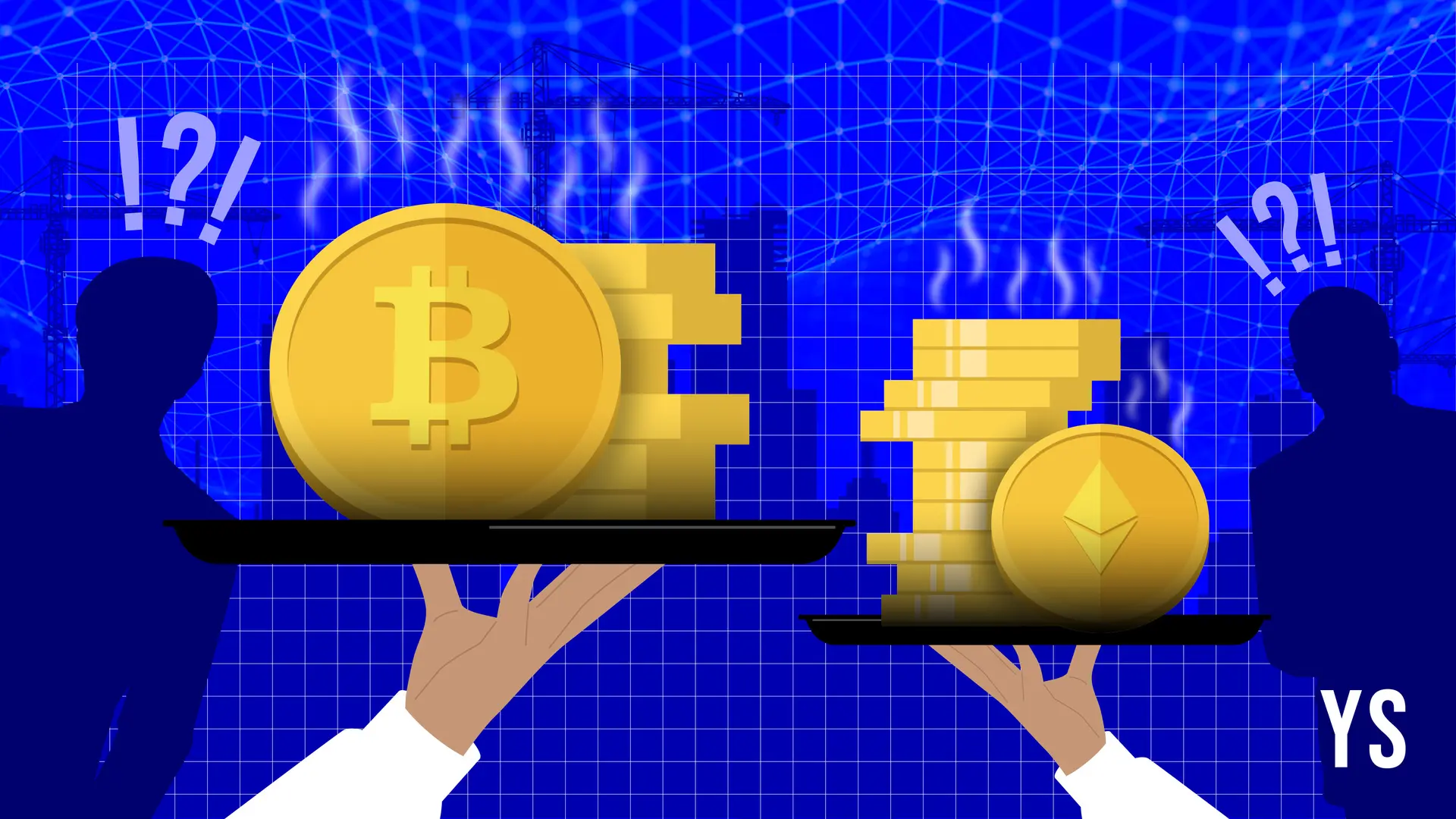ISRO open to sharing EV-battery tech with private players
The move will free up automotive companies from setting up their own battery plants and reduce battery costs for car buyers.
Indian Space Research Organisation (ISRO)'s Chairman K Sivan told the press that ISRO, which has know-how on space-age lithium-ion (li-ion) batteries technology, will make it available to private players in the automotive industry. Sivan made this announcement public after the launch of the GSAT-6A last weekend.

The move could make India’s bet towards going all electric a reality. Sources say the NITI Aayog plans to implement a policy to make all Indian cars electric by 2047. Earlier, it had set a target of 2030.
However, the question remains, what would be the cost to make the usage of these batteries a reality. A decade ago, the cost of batteries made electric vehicles expensive since they made up 50 percent of the cost of the vehicle.
Every kilowatt hour (kWh) of lithium ion battery costs $1,000-$1,500, and so higher the power of the battery, higher the cost of the car. Tesla has 100Kwh batteries. Reports suggest battery costs are falling, and by the end of this year, it is expected to be $245 per kWh.
“Renewable energy is here to stay. More so solar energy, which we have in abundance, and policy is supporting the growth of solar,” says Ashok Jhunjhunwala, professor at IIT Madras.
ISRO Chairman K Sivan said space-grade li-ion batteries were developed by the Vikram Sarabhai Space Centre, and can be used on cars with some modifications. Automotive Research Association of India (ARAI) had already tested ISRO batteries and found them suitable for automotive systems.
“Government-level discussions are going on to find suitable industrial partners and manufacture commercial grade li-ion batteries, which are cost-effective,” he says. Currently, li-ion batteries are being imported from countries like China and Japan.
ISRO uses in-house lithium-ion batteries to power satellites and launch vehicles. When the GSLV-F08 was launched last week, lithium-ion batteries were used to power the new electromechanical actuation system.
Analysts from KPMG and PWC say that the future is a combination of solar and lithium ion batteries.
According to data gathered from the Union energy ministry, India’s power generation capacity is 2.72 lakh MW, of which only five percent comes from solar energy. The government wants to increase solar generation to 1 lakh MW by 2030, and the cost of this energy is coming down due to subsidies provided by the government, and the large investments in the sector. Around Rs 70,000 crore has been invested in the sector so far.
Solar power, which cost Rs 10 per unit just five years ago, has now come down to Rs 4 per unit.
The National Electric Mission Mobility Plan aims to have more than six million electric vehicles on the road by 2020, but we are a long way off from achieving this number. According to the Society of Indian Automobile Manufacturers (SIAM), only 22,000 electric vehicles are on the road in a six-million-strong vehicle market.
To meet ISRO’s battery requirements, a memorandum of understanding has been signed with Bharat Heavy Electricals Limited (BHEL). “We transferred technology to BHEL to produce space-grade batteries,” says Sivan. A panel headed by Cabinet Secretary P K Sinha had recommended the commercial use of ISRO’s li-ion battery technology under the ‘Make In India’ initiative for electric vehicles.
In October last year, NITI Aayog member V K Saraswat had said India has to set up large lithium-ion battery manufacturing plants to become a global player in the electric vehicles technology market. Several countries across the world are already turning the spotlight on electric vehicles. Norway and Denmark will be fully electric by 2025. Sales in China have grown three-fold last year. China is the global leader with over 24 million sold a year and over 120 million in operation.
Why should India go all electric?
* Nearly 50,000 new motor vehicles are registered in India per day, with a 10 percent increase in vehicle registration annually in the past decade.
* According to a 2016 World Health Organisation study, India is home to 10 of the world’s 20 most polluted cities
* 2015, India imported more than 80 percent of its oil at a cost of Rs 4.2 lakh crore
“Every OEM is working on an EV or hybrid strategy and India needs this change because India’s fuel import bill is very high and hurts the economy,” says Amitabh Saran, Founder of Altigreen, a hybrid vehicle tech company.
Currently, India’s oil import bill is pegged at $150 billion per year.
“There is a growing consensus that the future is in electric vehicles. India has an opportunity to take from the solar grid and supply power to electric vehicles at a very low cost. I see various business models evolving in vehicle ownership and ownership of batteries,” says Chetan Maini, co-founder of Sun Mobility.
ISRO has set a debate in motion. It's now time for the government and automobile companies to set an agenda for an electric future.







